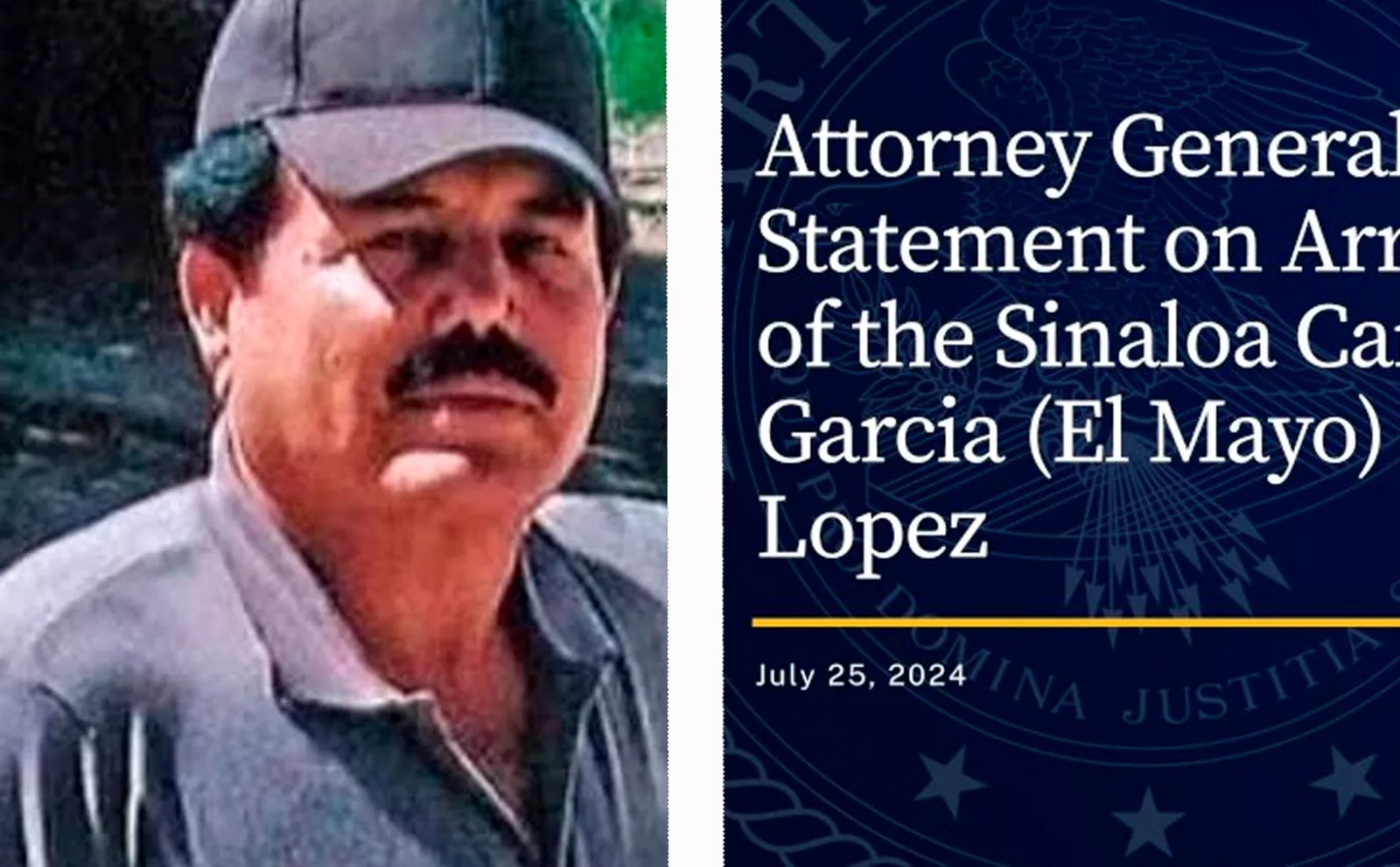Yucatán’s Extreme Heat Crisis Unveiled: Deforestation Vs. Maya Train
The current extreme heat wave in Yucatán is not a direct result of the Maya Train construction project, which involved deforestation of millions of trees. Instead, the heat is primarily due to widespread deforestation over several years for human development activities, says Dr. Eduardo Batllori Sampedro, an environmental academic and former Secretary of Environment and Urban Development for the State.
Dr. Sampedro, a researcher at Cinvestav Campus Mérida, emphasizes that Yucatán and Quintana Roo have been deforesting large areas for urban, real estate, tourism, economic, and agricultural growth for many years. This deforestation has had a significant impact on the local environment. The conversion of thousands of hectares into concrete surfaces has led to reduced shade, soil erosion, heated rocks, and alterations to the region's microclimate. He also notes that these high temperatures and extreme heat are part of global climate change, with cycles occurring over different decades.
Dr. Sampedro recalls a season of extreme heat and strong solar radiation in the port of Progreso 30 years ago. More recently, unusual rainfall flooded the northern part of Mérida. He explains that these climate changes are triggered by external factors, including extreme cycles of radiation, rainfall, droughts, and super hurricanes. He warns that with climate change, these atypical weather patterns are becoming the norm. He cites an instance in Yucatán a few years ago when temperatures exceeded 40 degrees for 40 consecutive days. This, he says, is a direct result of deforestation, which has altered the microclimate due to lack of shade, eroded soils, and increased concrete surfaces from urban and real estate development.
Deforestation in Yucatán and Quintana Roo
To illustrate the scale of deforestation, Dr. Sampedro notes that Yucatán deforests 30,000 hectares each year, and Quintana Roo another 20,000. He believes that the deforestation caused by the Maya Train project in the Quintana Roo jungle will impact the Peninsula's microclimate, but not on the scale of the general deforestation carried out by both states. He points out the massive deforestation for livestock activities and sorghum and soybean plantations in eastern Yucatán, as well as the urban development in Mérida.
Maya Train Not to Blame for Extreme Heat
Dr. Sampedro asserts that the reduced vegetation no longer provides the shade and moisture retention needed to maintain a cooler microclimate. Instead, large tracts of land and rocks are heating up, causing solar radiation to bounce back into the environment. The environmental academic, who has advocated for reforestation of the Yucatecan coast's mangroves and wetlands, stresses that government and society must focus on sustainability, reforestation, and care for water and soil. He warns that these changes in land use are impacting the environmental quality of the State and the Peninsula. He concludes by stating, "The Maya Train is not the cause of this extreme heat."











